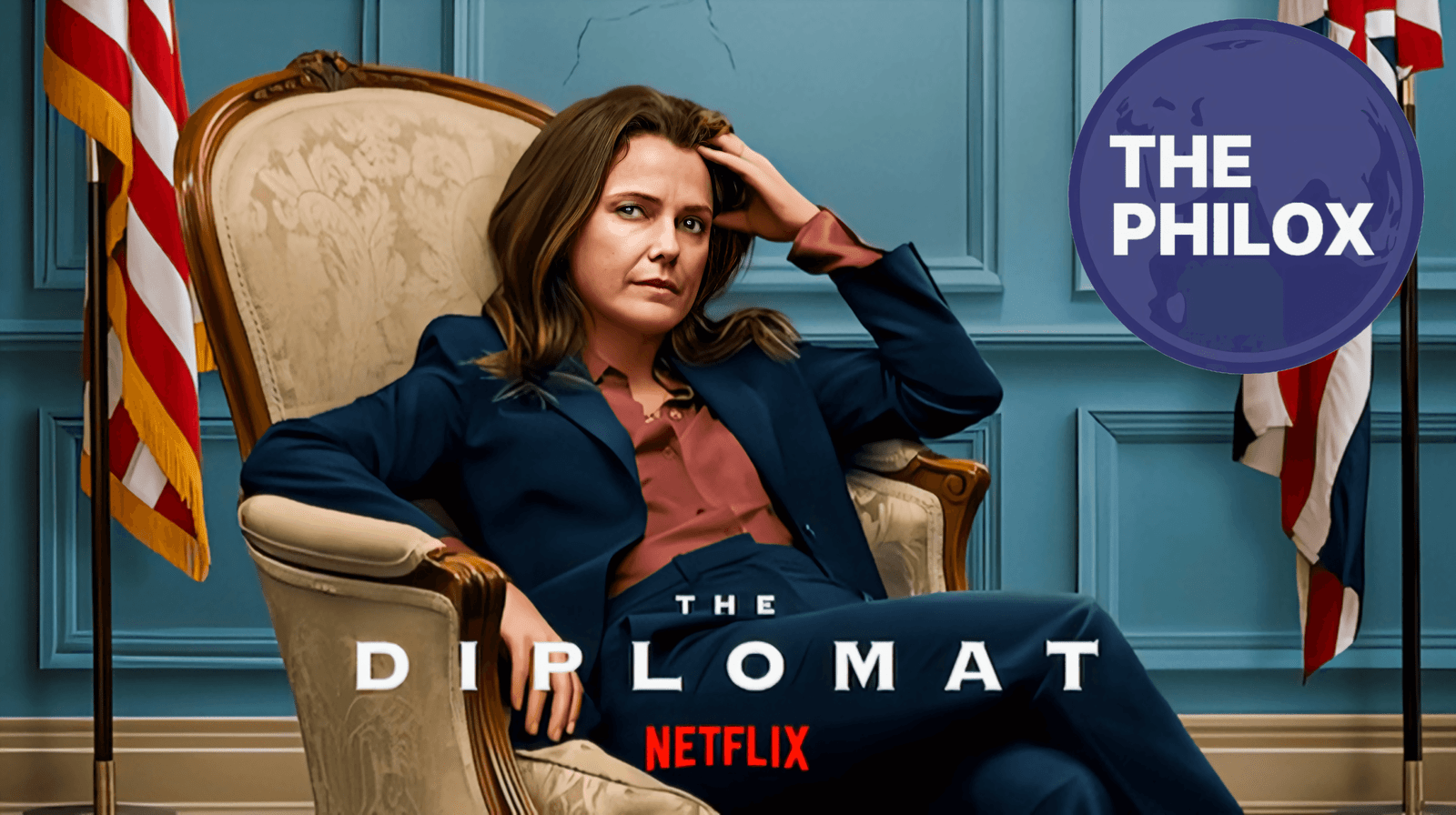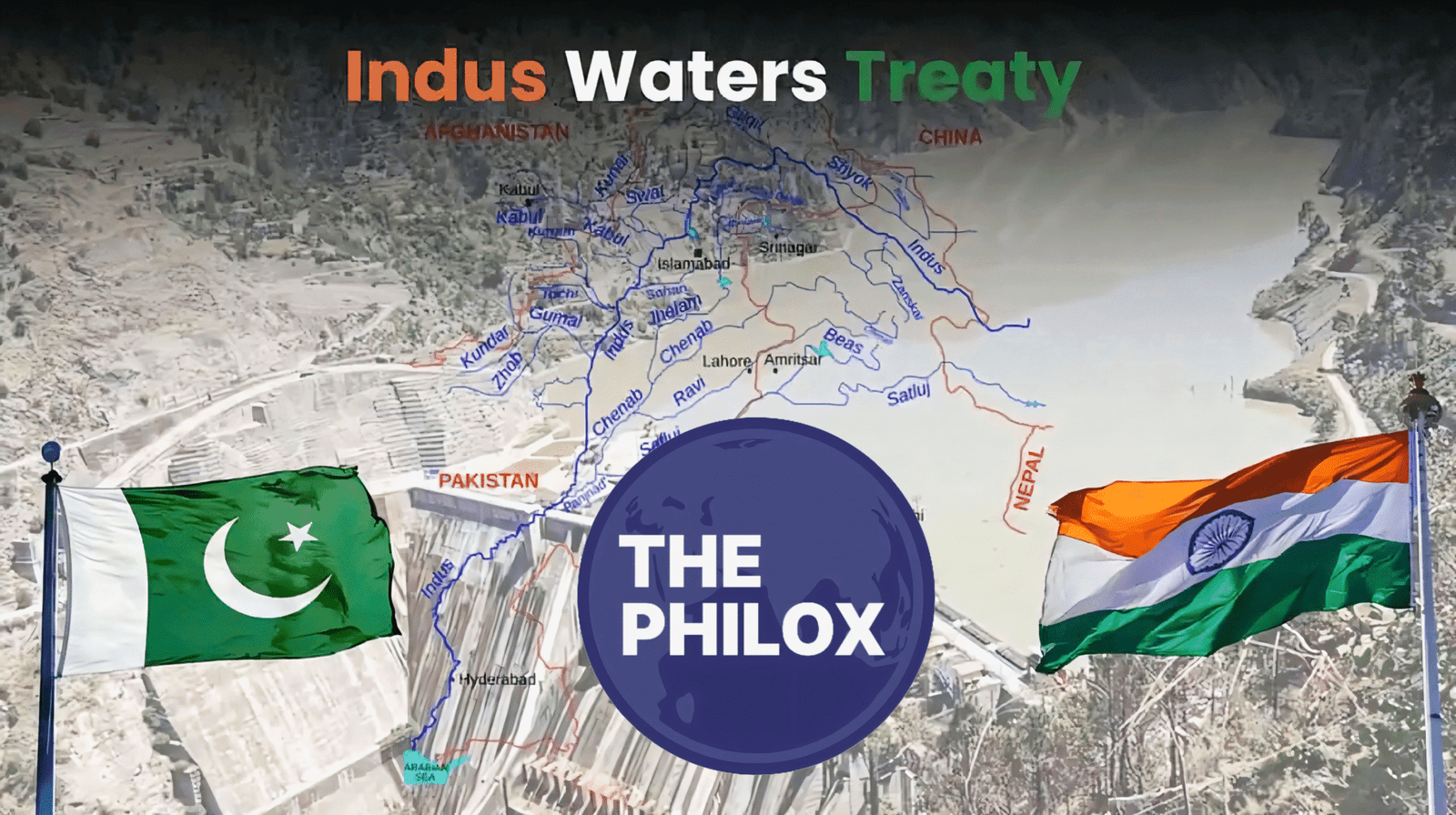The small number of people who had the honor of seeing a movie ready to reinvent the espionage genre in Bollywood settled in calm expectation in the dimly lighted ambiance of an intimate screening room.
Among them sat The Philox’s team, staring at the screen as the opening frames came alive. Over the following two hours, what transpired was a masterclass in storytelling based on intelligence, diplomacy, and quiet heroism rather than the high-adrenaline, explosive spectacle the genre sometimes requires.
Featuring John Abraham, this The Diplomat disregarded the conventional trappings of action-packed espionage thrillers in favor of a riveting, intellectual fight fought with words, methods, and the art of negotiation.
Under the skilled direction of Shivam Nair, The Diplomat becomes a movie that honors its audience and invites them to participate in a cinematic experience that puts substance above show.
An Evolution Beyond the Action Hero
Whether it’s the no-nonsense police in Batla House or the gritty RAW agent in Madras Cafe, John Abraham’s name has long been associated with action-packed parts.
Often defined on-screen by brawn, explosive moments and stylish battle choreography is his.
With The ambassador, Abraham, however, ventures boldly from his known image and assumes the role of seasoned Indian ambassador J.P. Singh caught in the middle of a severe world crisis.
Abraham’s subdued and very sophisticated performance strikes me right away. His character is one based on intelligence, persuasion, and strategic thinking rather than on physical strength or gunshots.
Abraham captures Singh with a subdued intensity, suggesting the weight of diplomatic decision-making with simply a calculated glance or a well-placed stop in speech.
This change questions the traditional Bollywood spy-thriller model by showing that a protagonist need not carry weapons to take over the screen.
Abraham clearly has totally embraced this part as the movie goes on, discarding the flamboyance of his prior action-oriented portrayals in favor of an intellectual and diplomatic driven person.
His success is evidence of the fact that real strength comes from composure, resilience, and the capacity to outmaneuver rivals with only pure tactical brilliance rather than from aggressiveness.
A Conversation That Notes Harmony
The Diplomat’s foundation is its painstakingly written dialogue—conversations that sound less like produced lines and more like real-world diplomatic negotiations pushed straight forward.
Every phrase, every pause, every intonation has significance and is essential component in the greater jigsaw of world affairs.
Unlike the loud, frequently theatrical lines found in many Bollywood thrillers, The Diplomat’s script is shockingly quiet.
The script stays away from pointless grandstanding so that the tension might simmer under the surface instead of erupting in overdone monologues.
In one of the most intense sequences in the movie, J.P. Singh is negotiating enormous stakes with foreign officials.
There are no pledges of everlasting loyalty or jingoistic hyperbole; rather, there is a deliberate, cutting exchange whereby words become weapons and silence is just as powerful as voice.
The genius of this strategy is its realism; diplomacy is, after all, a game of patience and accuracy, and the movie brilliantly catches this with amazing grace.
The Diplomat honors the intelligence of its audience by not spoon-feeding it with too much nationalism. It depends on the strength of well-crafted conversation to have a long-lasting effect instead than forced emotional appeals.
Realism and Authenticity as Vision of a Director
Renowned for his skillful handling of espionage stories (Special OPS), Shivam Nair gives The Diplomat a degree of reality not seen in popular Bollywood.
From the start, his directorial intention is clear: this is a movie meant to envelop the spectator in the complexity of world politics and real-world diplomacy, not to wow with stylized action scenes.
Nair fights the inclination to turn back to formulaic narrative. There are no grandstanding villains, extreme pursuit scenes, or handy last-minute rescues.
Rather, he creates a world that reflects reality, in which choices have weight, negotiations are laboriously difficult, and every action has long-term effects.
The movie’s tempo captures this exacting focus on detail. The story develops naturally instead of racing over story points in order to keep an artificially high tempo, enabling the audience to absorb the weight of each diplomatic move and the depth of every conversation.
Nair’s dedication to reality transcends the work on the screenplay. The immersive aspect of the movie is reinforced by the surroundings, the costumes, and even the small people feeling lived-in and true.
The Diplomat’s universe is one in which power is used by intelligence rather than violence; Nair makes sure that this idea runs naturally through every shot.
A Story That Against Expectations
The Diplomat deviates from the trend in a time when spy thrillers sometimes depend on formulaic turns and intense action to keep viewers intrigued.
Offering a narrative firmly anchored in the reality of international politics, the film challenges to give strategy top priority over spectacle.
It is clear from the opening act that this is not a movie that will appeal to known clichés. The story moves purposefully, showing a world in which careful talks and high-stakes diplomacy settle problems rather than vehicle chases or shooting.
Every turn in the narrative seems acquired rather than produced. Only a well crafted story that reflects the erratic nature of world affairs—not any wild conspiracy or last-minute disclosure for shock value.
The movie deftly negotiates the diplomatic murky regions, pushing its protagonist to consider moral conundrums and dubious decisions.
negotiating the Patriotism Clichés
The Diplomat’s capacity to negotiate issues of patriotism without resorting to cliché is among its most admirable successes.
Though Bollywood has long had a propensity to link nationalism with chest-thumping speeches and over-the-top heroics, this movie adopts a more cerebral, adult approach.
Patriotism, in The Diplomat, is not about forceful declarations of love for the nation. It is about resiliency, knowledge, and the subdued will to defend one’s nation by calculated action.
The movie avoids portraying its protagonist as a perfect hero; instead, J.P. Singh is a flawed but very dedicated diplomat who knows that careful diplomacy, not wild bravado, is the genuine service to his country.
One especially arresting scene captures this philosophy exactly. Singh’s strength comes from his relentless serenity and ability to outthink his opponent, not from an emotional speech as he stands off against outstanding foreign leaders.
This is a scene that exactly captures the core lesson of the movie: intellectual ability, not force, defines real power.
The response of the audience: a silent celebration of brilliance
The audience’s reaction as the credits rolled and the lights came on was not one of raucous ovation but rather a rare occurrence in Bollywood film: reflective stillness.
It was the stillness of great gratitude, the kind that follows a movie daring to be unique.
Not out of obligation but rather out of real respect for a movie that had defied expectations and produced something very amazing, the cheers started moments later.
a fresh benchmark for Bollywood
With The Diplomat, Bollywood moves significantly toward embracing a more sophisticated, intellectually interesting narrative form.
The movie questions accepted wisdom by showing that, propelled by intelligence instead of explosions, spy thrillers may be just as riveting.
At The Philox, we give The Diplomat 4.5 stars, with great confidence. This historic movie marks a bright future for Indian film in which sincerity, intelligence, and depth take front stage over extravaganza.
Should this be the course Bollywood is on, we will enter a period of narrative that really prioritizes content above fashion.
Stay Connected and Share Your Stories
For all those inspired by stories of resilience and ambition, follow us on X/Twitter and on Instagram . For those with untold stories that you would love to share, please send them to contact@thephilox.com




